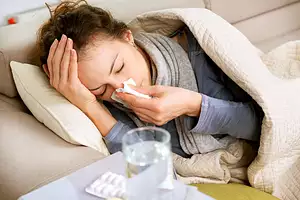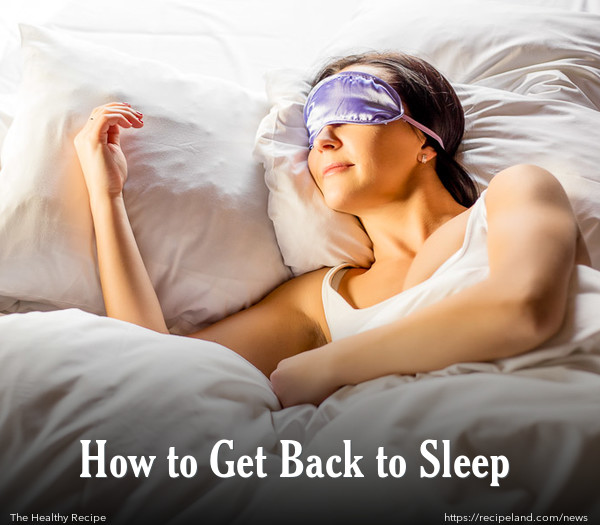Insomnia is no stranger to many. Waking in the middle of the night can leave you feeling fatigued the next day, and lead to long term sleep deprivation. Women tend to have more problems with insomnia than men, and this problem increases when menopause nears.
Here are nine things that you can do to take back your healthy sleep when insomnia hits.
1. Get consistent exposure to sunlight.
Your body clock is set by the sunshine that you are exposed to. Sleep hormones like melatonin are produced in the body. Getting up at the same time every day can help you establish good sleep cycles. Try to get some sun exposure within the first hour that you wake up.
2. Keep the temperature right.
The ideal sleeping temperature for most people is between 60-67 degrees Fahrenheit. When your room is cool, you are more likely to get a good night’s sleep.
3. Clean your sheets.
Most people report that they sleep better when their sheets smell fresh and clean. Make sure you wash your linens weekly and launder the mattress cover, too. While the sheets are off, sprinkle the mattress with baking soda and then vacuum it after a couple of hours. This will help refresh your entire bed.
4. Have a healthy bedtime snack.
About an hour before you are ready to go to bed, have a well balanced snack that contains healthy carbs and lean protein. Keep sugar to a minimum (less than 5g). A bowl of whole grain cereal with low fat milk often does the trick. The milk helps promote the production of serotonin, which is relaxing and calming.
5. Turn off electronics.
Avoid using computers, phone screens, tablets, and television for about an hour before you go to bed. The light that is emitted from the screens can reduce the production of sleep hormones. Those who read printed books before bed fall asleep more quickly and wake feeling more refreshed the next day.
6. Try yoga and walking.
Deep breathing exercises like those performed during yoga can be very relaxing. This can help facilitate good sleep patterns. Walking for 30 minutes each day can also help to promote healthy sleep patterns.
7. Try using sleep lights.
Special light bulbs, like the Good Night bulb, help to filter out the blue light waves that interfere with sleep. Try using this type of light in your bedroom if you are having trouble with good sleep patterns.
8. Melatonin
This natural supplement helps those who may not naturally produce enough of this sleep inducing hormone. Most doctors suggest that you only use this for a few weeks at a time, since long term effects are not well studied.
9. Sleep medication
For those with the most chronic problems, doctors may prescribe medication such as Ambien, Lunesta, or Sonata. These are medications that target sleep inhibiting areas of the brain. While these drugs can help you get sleep, they do not fix the underlying cause of your sleep problems.
Talk to your doctor if you are having trouble sleeping, because long term sleep deprivation can increase your risk of developing serious health conditions.










Comments